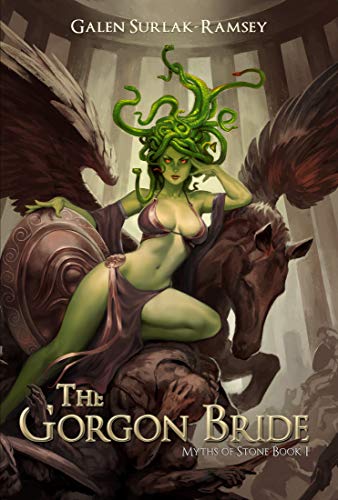Son of a Witch!
What’s up, witches? Witches seem to be a fascination
across Earth and fictional settings. There is no one definition of witch, even
considering the female empowerment factor, because different religions and
cultures create different types of witches. Nnedi Okorafor’s Akata Witch, about an albino witch
living in Nigeria, is enchanting on numerous levels, from its fantasy world to
character voices.
It was like Chichi and Orlu were bickering right in
front of me about the best way to introduce Sunny to juju. Although Chichi’s
exact age is not specified, the scene appeared true to the way preteens,
preteens of any culture or magical ability, actually argue.
The dialogue also seats the readers right next to
Sunny, and I could feel her frustration and curiosity rising with my own. Just
tell us already! But learning about the world of witches is worth the wait.
Through Sunny’s eyes, Okorafor uses descriptive language
and cultural aspects to build a vibrant fantasy world. Sunny’s test to reach
Leopard Knocks, a bustling African city full of magic, is a powerful moment as
her passion for ballet combines with her juju to help her cross the bridge, despite
nearly being killed by the river monster. Reading about Leopard Knocks is like
walking right beside Sunny through the magic shops, restaurants, and bookstores
with warning areas—the best kinds of bookstores.
Akata
Witch’s world is bewitching—no pun intended—but it also feels
strikingly real. While descriptive elements and unique characters only increase
its authenticity, the story touches on relevant issues as well.
As with most witch stories, Akata Witch creates a subtle dialogue about women and power, but it also deals with other real life struggles,
like racism. Sunny is outcast for being an albino and Sasha also brings up the
struggle of being a black man in America. The Nimm women tie into the
conversation as well, stolen from their mothers and sold to the female spirit
of Nimm if they pass an intelligence test at birth.
Furthermore, the book subverts the negative stereotype
of evil albino characters by having an albino witch protagonist. Sunny even
makes a frustrated joke about diabolical, magical albinos just before
discovering the truth about her own powers.
Plus, Chichi remarks that juju is not all good or
evil. Some is bad, some is good. Some just is. Juju can be used to empower and harm,
an example of which is when Sunny fights her bullies and terrifies them with
her spirit face. She is finally able to stand up for herself, and even states
that she’d do it again, but she’s taken to the Obi Library for punishment for
breaking the law. An example on a larger scale is the Black Hat’s child
sacrifices and attempt to raise Ekwensu.
Humans in the real world aren’t inherently good or
evil, either. They make choices based on the weapons and words available to
them, either for harm or empowerment, just as the characters in Akata Witch do.



Comments
Post a Comment